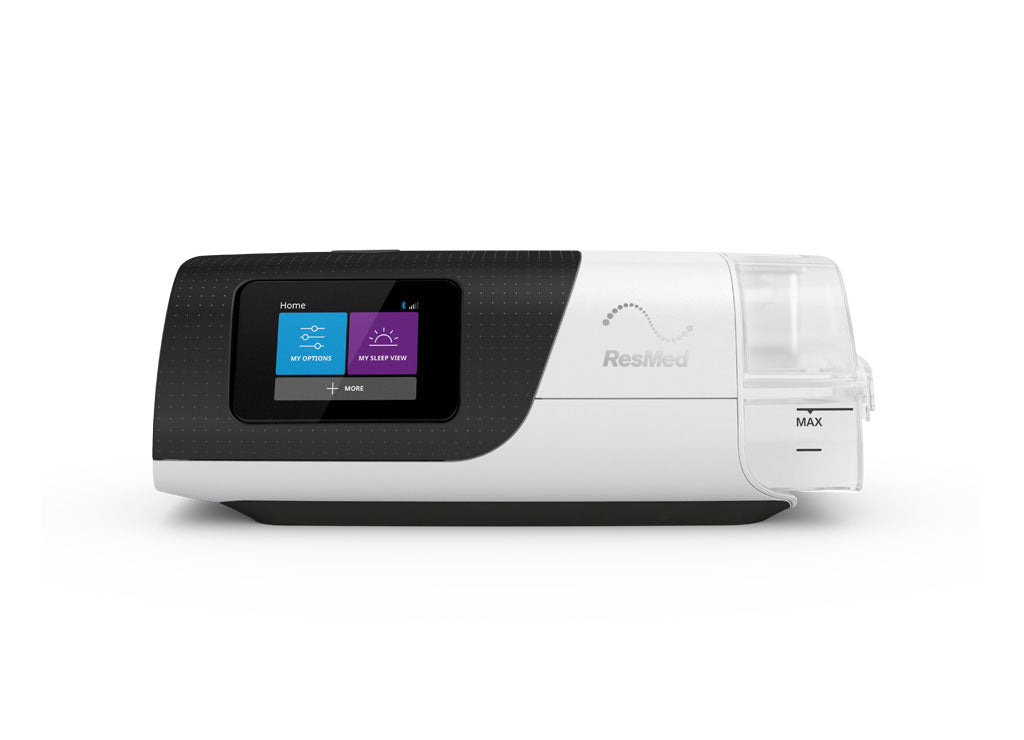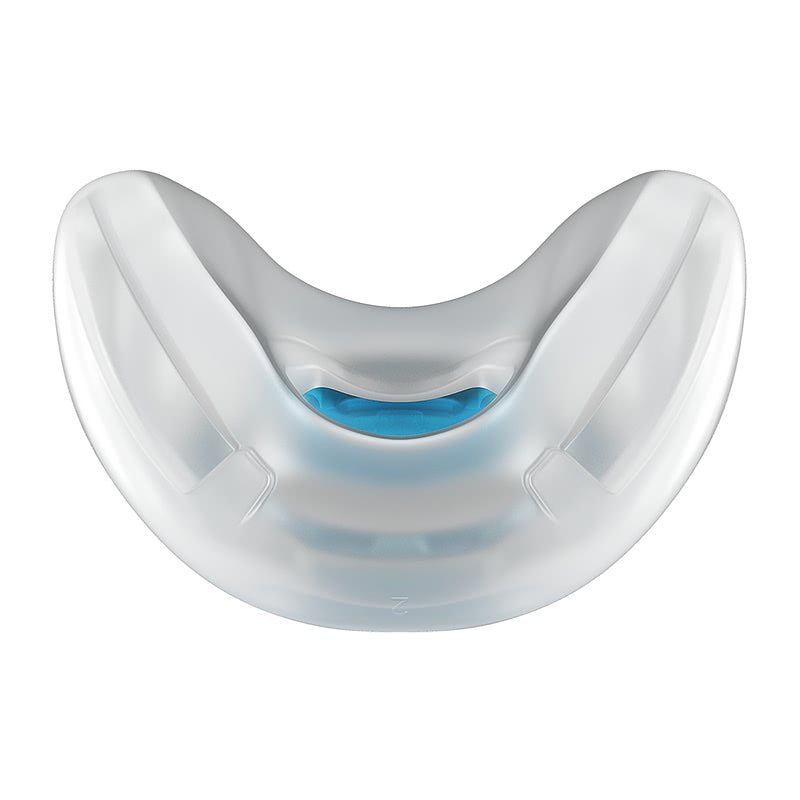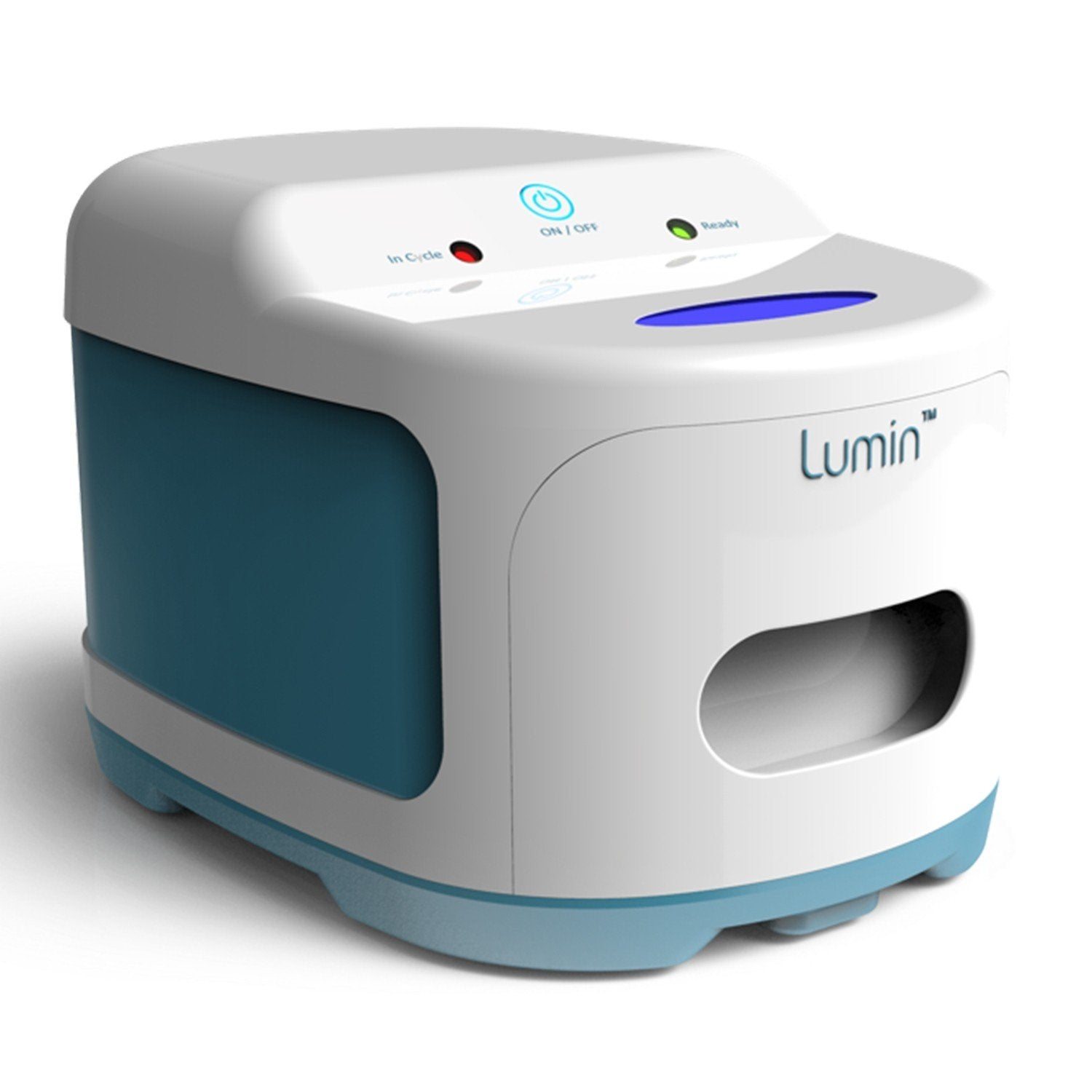
Obesity and Sleep Apnea
Share
Obesity is one of the most significant risk factors for sleep apnea. The excess weight that an obese person carries can put pressure on the airway, leading to the collapse of the throat muscles during sleep. This can cause breathing to stop momentarily, leading to interrupted sleep and decreased oxygen levels in the body.
Studies have shown that obesity is strongly associated with the severity of sleep apnea. In fact, one study found that over 70% of people with sleep apnea were obese. Furthermore, the more significant the person's obesity, the higher their risk of developing sleep apnea.
Treating Sleep Apnea in Obese Patients
Treating sleep apnea in obese patients can be challenging, as weight loss is often recommended as a first-line treatment. However, losing weight can be difficult, and many people with sleep apnea find it challenging to maintain long-term weight loss.
There are several other treatments available for sleep apnea, including continuous positive airway pressure (CPAP) therapy, oral appliances, and surgery. CPAP therapy involves wearing a mask over the nose or mouth while sleeping, which delivers a continuous stream of air to keep the airway open. Oral appliances are custom-made devices that can be worn in the mouth to help keep the airway open. Surgery may be an option in severe cases of sleep apnea.
Conclusion
Sleep apnea is a common sleep disorder that can have serious health consequences if left untreated. Obesity is one of the most significant risk factors for sleep apnea, and losing weight can be an effective treatment for the condition. However, treating sleep apnea in obese patients can be challenging, and there are several other treatments available. If you suspect that you or a loved one may have sleep apnea, it is essential to seek medical attention to determine the best course of treatment.




